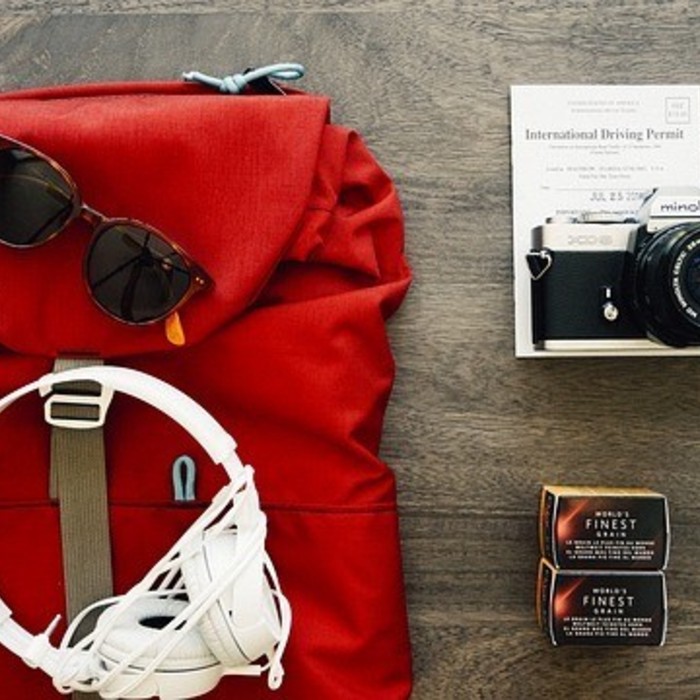By Lauren Riley,
Job interviews are pretty stressful situations, and sometimes you’re so busy fretting over what you’re going to say that you actually forget what you need to bring.
Preparing yourself for an interview goes beyond practising your answers and making sure you look presentable – failing to bring the right equipment can make you seem unprofessional and unprepared.
This is the time to really sell yourself to the interviewer and show how organised you are and make a great first impression – so there are a few things that you absolutely need to bring with you to any interview.
1) Copies of Your CV
Even though you’ve already sent the company your CV, and the interviewer will probably have a copy with them at the interview, it’s a good idea to take a couple of copies with you just in case.
Try and find out how many interviewers there will be at the meeting and make enough copies for each of them and yourself – this will avoid any awkward situation if someone hasn’t got your CV to hand.
It’s also useful for you to have a copy of your CV in front of you in case you have a mind blank when you’re asked about something you’ve included on your CV.
2) Pens & Notepad
Even though you’ll mainly be talking about yourself during the interview, it’s important to have a pen and paper handy to keep a note of contact details, names, information about the role or anything else that crops up in the interview that you want to remember.
This isn’t just handy for you, but it makes you look prepared and genuinely interested in the role.
Top tip: bring three or four pens so you don’t get caught out if one isn’t working properly.
3) Your Portfolio
When a hiring manager is assessing you as a candidate, one of the key things they’ll be looking at is the work you’ve done in the past and the best way you can showcase this is in a portfolio.
Present your work in a smart folder, or even on a tablet, and make sure it’s easy to read should you need to quickly reference something during the interview.
Remember: it’s not just creatives that should use a portfolio. You can include graphs, testimonials from clients, sales charts etc in a portfolio – anything goes as long as it backs up the claims made in your CV.
4) Company Analysis
Really want to show off in the interview? Consider bringing along an analysis of the business in terms of the role you’re interviewing for, and include what changes you’d make if you were to be given the job.
For example, if you’re going for a social media role, analyse their current social media presence and include some ideas of your own that you’d implement to increase engagement. This shows you’re seriously thinking about the role and have the initiative to come up with your own ideas.
Be careful with this one, though – be too critical and you can come across as arrogant and anger the interviewer by tearing their business apart. But, be too complimentary and you’ll leave them wondering why they need to hire you. It’s all about finding the perfect balance.
5) Questions for the Interviewer
It’s inevitable that towards the end of the interview, the interviewer will ask if you have any questions for them. However, if you’ve just spent the last hour being grilled about your work history and skill set, there’s a chance you’ll draw a blank and forget all the questions you’ve prepared.
Think about what you want to know about the role and the business and write these down before you walk into the interview room.

